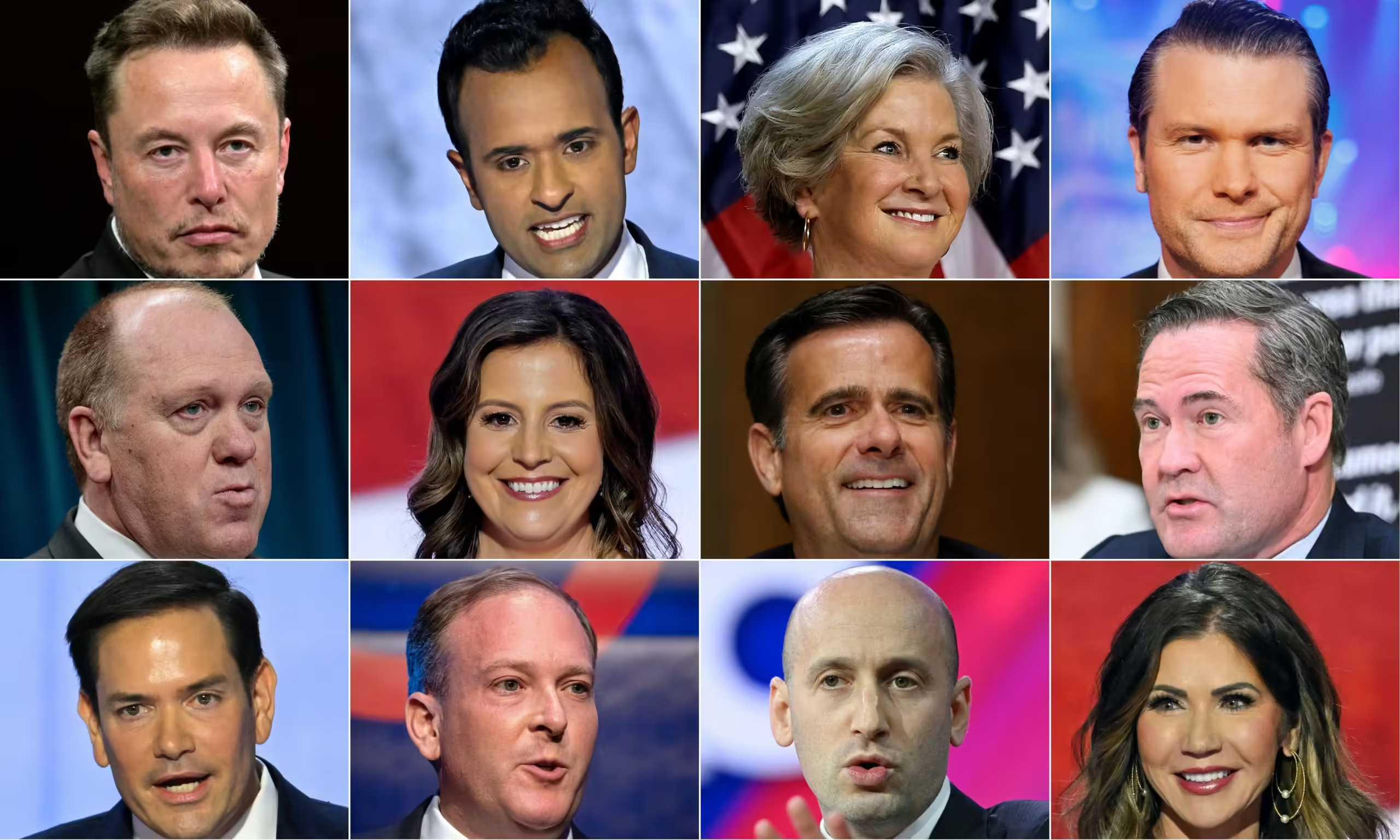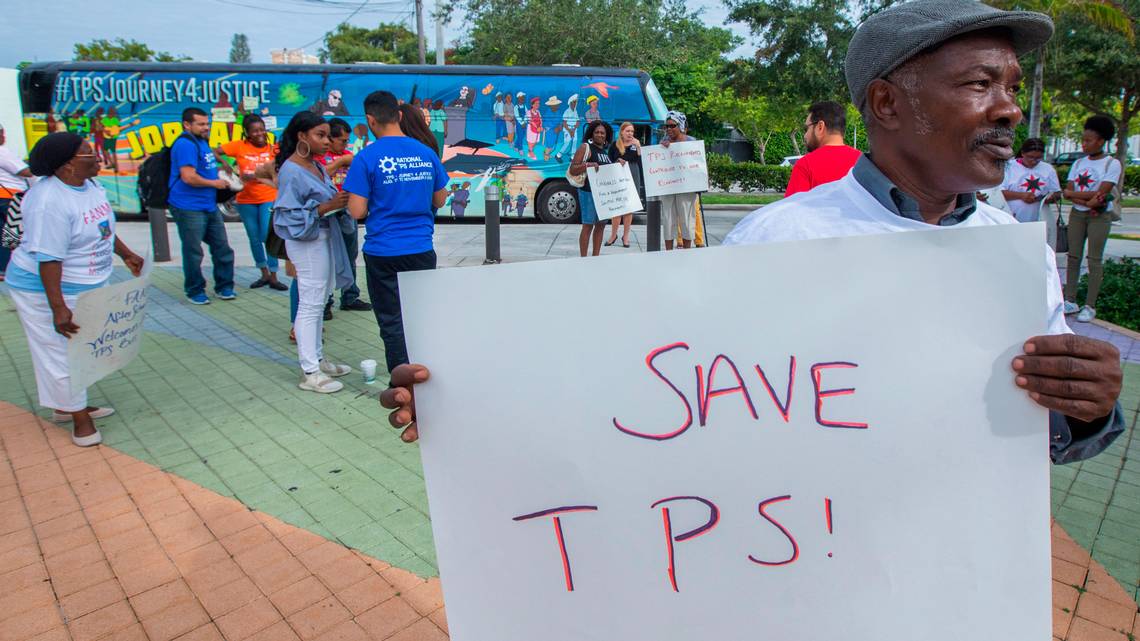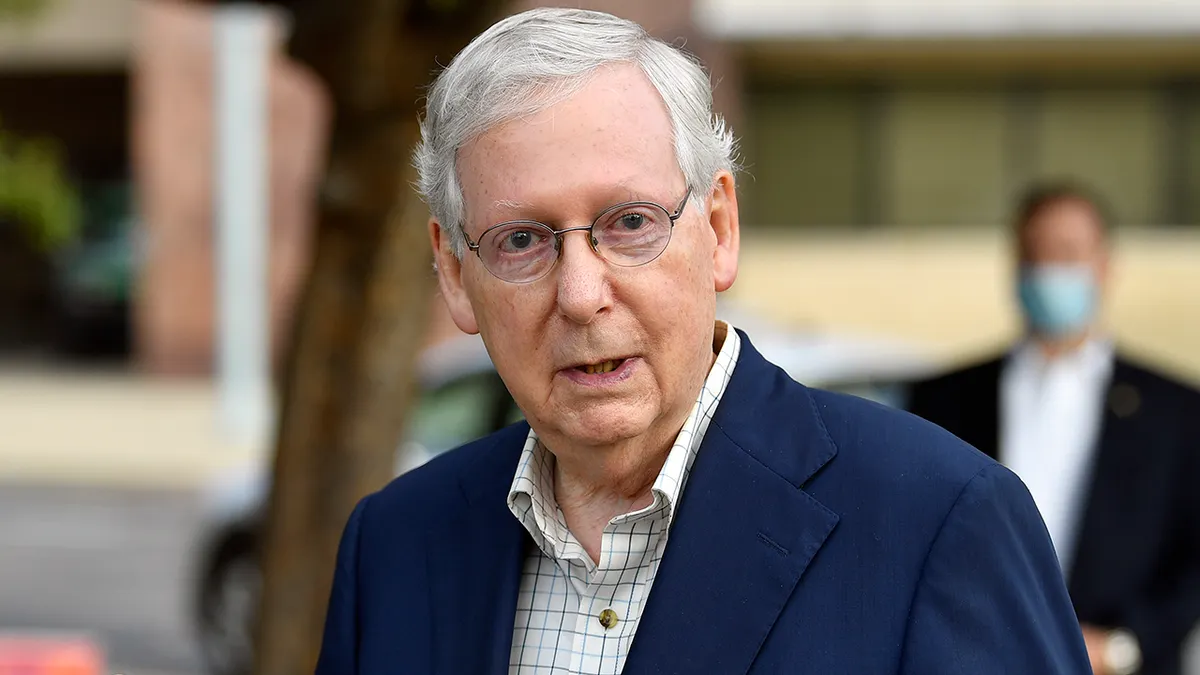|
Getting your Trinity Audio player ready...
|
As President-elect Donald Trump prepares to take office, he has unveiled an ambitious cabinet featuring a diverse set of appointees, each with unique backgrounds and ideological leanings. This administration promises a blend of populism, conservatism, and unconventional approaches, potentially reshaping the federal government’s direction.
Key Cabinet Appointments
Marco Rubio – Secretary of State
Senator Marco Rubio, known for his foreign policy expertise and conservative stance on global issues, has been tapped to lead the State Department. Rubio is expected to take a hardline approach to U.S. relations with adversarial nations, prioritizing American interests and promoting democracy abroad. His history of vocal opposition to authoritarian regimes, particularly in Latin America, signals a potential shift toward a more assertive diplomatic stance.
Matt Gaetz – Attorney General
Matt Gaetz, a firebrand congressman with a reputation for outspoken conservatism, will serve as Attorney General. Gaetz’s tenure is anticipated to focus on upholding conservative values within the Department of Justice, prioritizing law and order, and addressing federal government accountability. His appointment signals a commitment to addressing domestic issues like crime and drug trafficking with a robust approach.
Tulsi Gabbard – Director of National Intelligence
A former Democratic congresswoman, Tulsi Gabbard brings a non-traditional perspective to the role of Director of National Intelligence. Known for her anti-interventionist views, Gabbard is likely to advocate for a more cautious approach to foreign conflicts, potentially reducing the U.S.’s military footprint abroad. Her appointment reflects Trump’s desire for fresh perspectives in national security.
Elon Musk and Vivek Ramaswamy – Department of Government Efficiency
Visionaries Elon Musk and Vivek Ramaswamy have been appointed to a newly created Department of Government Efficiency, aimed at streamlining government operations. Musk, a tech mogul, and Ramaswamy, a successful entrepreneur, bring a business-minded approach to federal functions, focusing on reducing bureaucracy and introducing innovation within government processes.
John Ratcliffe – CIA Director
Returning to a role he held briefly during Trump’s previous administration, John Ratcliffe will lead the CIA. Ratcliffe is known for his strict stance on national security and his dedication to intelligence reform. His appointment suggests continuity in intelligence policy, with an emphasis on cybersecurity and counterterrorism.
Pete Hegseth – Secretary of Defense
Veteran and conservative media commentator Pete Hegseth will lead the Department of Defense. Hegseth is expected to focus on military strength and readiness, aligning with Trump’s vision of a robust, prepared defense. His leadership might also see an emphasis on veteran services and military reform, advocating for a strong support system for service members.
Steven Witkoff – Special Envoy to the Middle East
Real estate mogul Steven Witkoff, with business experience in the region, has been appointed as Special Envoy to the Middle East. His appointment signifies Trump’s focus on strengthening economic ties and negotiating peace through non-traditional diplomacy, aiming to foster stability and prosperity in the Middle East.
William Joseph McGinley – White House Counsel
As White House Counsel, William Joseph McGinley brings a wealth of experience from previous Republican administrations. He is expected to focus on upholding legal integrity within the executive branch while protecting the administration from legal challenges.
Kristi Noem – Department of Homeland Security
Governor Kristi Noem, known for her staunch defense of states’ rights and border security, will lead the Department of Homeland Security. Her priorities will likely include enforcing immigration laws and fortifying U.S. borders, aligning with Trump’s emphasis on national sovereignty.
Tom Homan – Border Czar
Former ICE Director Tom Homan’s return as Border Czar underscores Trump’s commitment to strong immigration enforcement. Homan’s no-nonsense approach to border security is expected to drive aggressive policies aimed at reducing illegal immigration and strengthening the U.S. border infrastructure.
Tim Waltz – National Security Advisor
Tim Waltz, with experience in military and governmental affairs, has been appointed National Security Advisor. His role will involve coordinating national security policies across the administration, focusing on both external threats and domestic resilience.
Mike Huckabee – Ambassador to Israel
Former Arkansas Governor Mike Huckabee, a longtime advocate for Israel, will serve as Ambassador to Israel. Huckabee’s commitment to U.S.-Israel relations is expected to further strengthen the alliance, with potential support for Israel’s sovereignty over contested areas.
Elise Stefanik – Ambassador to the United Nations
Representative Elise Stefanik will bring a conservative voice to the United Nations as Ambassador. Known for her dedication to American interests, Stefanik’s presence at the U.N. will likely emphasize national sovereignty and American values on the world stage.
Lee Zeldin – Environmental Protection Agency
Former Congressman Lee Zeldin will head the EPA, where he is anticipated to roll back regulations he deems detrimental to business while promoting a balanced approach to environmental protection. Zeldin’s ideology aligns with a conservative perspective on environmental policy, focusing on reducing federal overreach and emphasizing economic growth.
Ideological Implications
Trump’s cabinet appointments reveal an administration deeply committed to conservative principles, individual freedoms, and a restructured approach to federal government. With a mix of traditional and outsider perspectives, this lineup signals a potential shift toward a more streamlined, business-friendly government with a focus on national sovereignty and limited intervention abroad.
This diverse coalition may redefine the future of U.S. governance, balancing traditional values with modern innovation.




